In the era of adhesive dentistry, there are constant and continual advancements in the areas of the materials that are used to restore teeth. Bonding agents have gone through several generations in attempts to decrease chair time and increase strength, and composites are constantly adjusting the ratios of various particle sizes to gain that perfect harmony of functionality and esthetics.
However, through all of these changes, very little has been changed about the instruments with which the items are placed. In a dentist’s composite armamentarium the instruments are often the weakest link, which, in some cases, can lead to a compromise of the final composite restoration.
In this case I’m talking about the pullback phenomenon that many dental composites can exhibit when sculpting. This pullback occurs when the composite material sticks to the micro-scratches in the surface of commonly used stainless steel instruments. These scratches, which can occur from just daily ultrasonic and sterilization processes, create a rough surface for the composite to grab onto and thus be pulled away from the preparation area. This pullback effect can end up creating voids in the final restoration and can also create the need for spending unnecessary time finishing the restoration to proper contours. This is ultimately true in direct anterior composite cases where a majority of the contours should be created through the material placement prior to finishing.
The ability to have a composite instrument with a smooth surface then becomes paramount to not only save time, but to have a predictable restoration. American Eagle has applied a multilayered TiN/Ti surface-engineering process that creates a non-porous and wear-resistant surface to its line of composite instruments.
This TiN process gives you the final element of control that is needed for perfect sculptability of your composites. There is no pullback effect from the TiN instruments, enabling the composite to be sculpted to the proper anatomy either in the anterior or posterior before curing and thus saving time during the finishing process and creating an esthetic and void-free restoration. The instruments are lightweight and easy to maneuver with the stainless steel EagleLite™ handle. Also, with TiN Engineered instruments, you know that you will still have the same composite handling ability from the first restoration to the 500th due to the corrosion resistance of the TiN/Ti surface engineering.
American Eagle has created composite instruments that match the technology of the composites in use today. Make sure that you don’t stay stuck using those old stainless-steel instruments. Let TiN engineering help take your composite restorations to the next level. Learn more by visiting www.am-eagle.com, phoning (800) 551-5172 or faxing (406) 549-7452.
GLASGOW, Scotland: New biocompatible materials for 3D printing and milling that employ the unique Remora anti-biofilm technology have gained clearance from ...
Prodont-Holliger, a French manufacturer of dental instruments, prides itself on using only the highest quality stainless steel and the latest production ...
CHICAGO, Ill., USA: The Italian dental conglomerate Cefla Dental Group has appointed Biolase as U.S. and Canadian distributor of the NewTom CBCT imaging ...
Vivos Therapeutics has entered into an exclusive distribution agreement with GM Instruments for the distribution of GM Instruments’ NR6 Rhinomanometer. ...
Over the last decade, the impact of technology on dentistry has increased significantly.1 This impact has been well documented in the field of ...
BURNABY, British Columbia, Canada: In recent years, patient preferences for fixed restorations have driven significant growth in both the US and European ...
Implant treatment for full-arch fixed restorations has been around for decades now.1–3 The treatment usually involves four to six implants placed in ...
NEW YORK, N.Y., USA: Robert S. Roda, DDS, MS, was installed as president of the American Association of Endodontists during AAE’s annual session, held...
LONDON, Canada: The use of artificial intelligence (AI) in dentistry is rapidly expanding, offering new possibilities in diagnostics, treatment planning and...
Caries detection around the margins of restorations is a major challenge in clinical practice. Typically, the restorative material will impede the detection...
Live webinar
Tue. 24 February 2026
1:00 PM EST (Toronto)
Prof. Dr. Markus B. Hürzeler
Live webinar
Tue. 24 February 2026
3:00 PM EST (Toronto)
Prof. Dr. Marcel A. Wainwright DDS, PhD
Live webinar
Wed. 25 February 2026
11:00 AM EST (Toronto)
Prof. Dr. Daniel Edelhoff
Live webinar
Wed. 25 February 2026
1:00 PM EST (Toronto)
Live webinar
Wed. 25 February 2026
8:00 PM EST (Toronto)
Live webinar
Tue. 3 March 2026
11:00 AM EST (Toronto)
Dr. Omar Lugo Cirujano Maxilofacial
Live webinar
Tue. 3 March 2026
8:00 PM EST (Toronto)
Dr. Vasiliki Maseli DDS, MS, EdM



 Austria / Österreich
Austria / Österreich
 Bosnia and Herzegovina / Босна и Херцеговина
Bosnia and Herzegovina / Босна и Херцеговина
 Bulgaria / България
Bulgaria / България
 Croatia / Hrvatska
Croatia / Hrvatska
 Czech Republic & Slovakia / Česká republika & Slovensko
Czech Republic & Slovakia / Česká republika & Slovensko
 France / France
France / France
 Germany / Deutschland
Germany / Deutschland
 Greece / ΕΛΛΑΔΑ
Greece / ΕΛΛΑΔΑ
 Hungary / Hungary
Hungary / Hungary
 Italy / Italia
Italy / Italia
 Netherlands / Nederland
Netherlands / Nederland
 Nordic / Nordic
Nordic / Nordic
 Poland / Polska
Poland / Polska
 Portugal / Portugal
Portugal / Portugal
 Romania & Moldova / România & Moldova
Romania & Moldova / România & Moldova
 Slovenia / Slovenija
Slovenia / Slovenija
 Serbia & Montenegro / Србија и Црна Гора
Serbia & Montenegro / Србија и Црна Гора
 Spain / España
Spain / España
 Switzerland / Schweiz
Switzerland / Schweiz
 Turkey / Türkiye
Turkey / Türkiye
 UK & Ireland / UK & Ireland
UK & Ireland / UK & Ireland
 International / International
International / International
 Brazil / Brasil
Brazil / Brasil
 Latin America / Latinoamérica
Latin America / Latinoamérica
 USA / USA
USA / USA
 China / 中国
China / 中国
 India / भारत गणराज्य
India / भारत गणराज्य
 Pakistan / Pākistān
Pakistan / Pākistān
 Vietnam / Việt Nam
Vietnam / Việt Nam
 ASEAN / ASEAN
ASEAN / ASEAN
 Israel / מְדִינַת יִשְׂרָאֵל
Israel / מְדִינַת יִשְׂרָאֵל
 Algeria, Morocco & Tunisia / الجزائر والمغرب وتونس
Algeria, Morocco & Tunisia / الجزائر والمغرب وتونس
 Middle East / Middle East
Middle East / Middle East

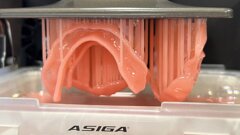

























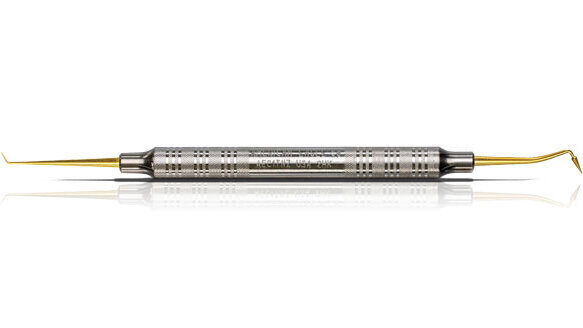




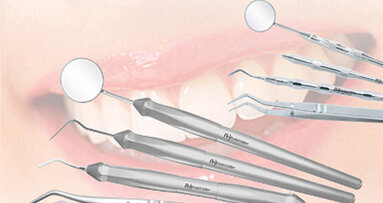
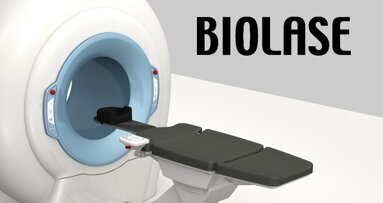

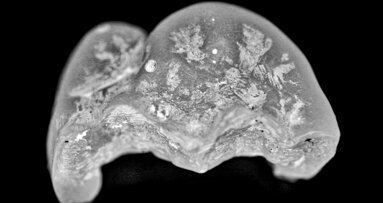
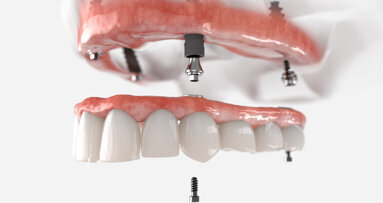
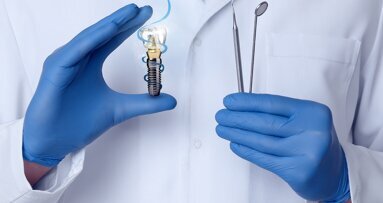


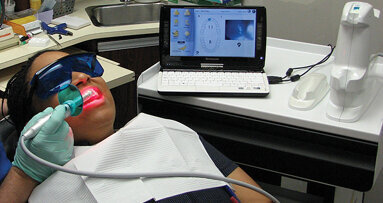









To post a reply please login or register